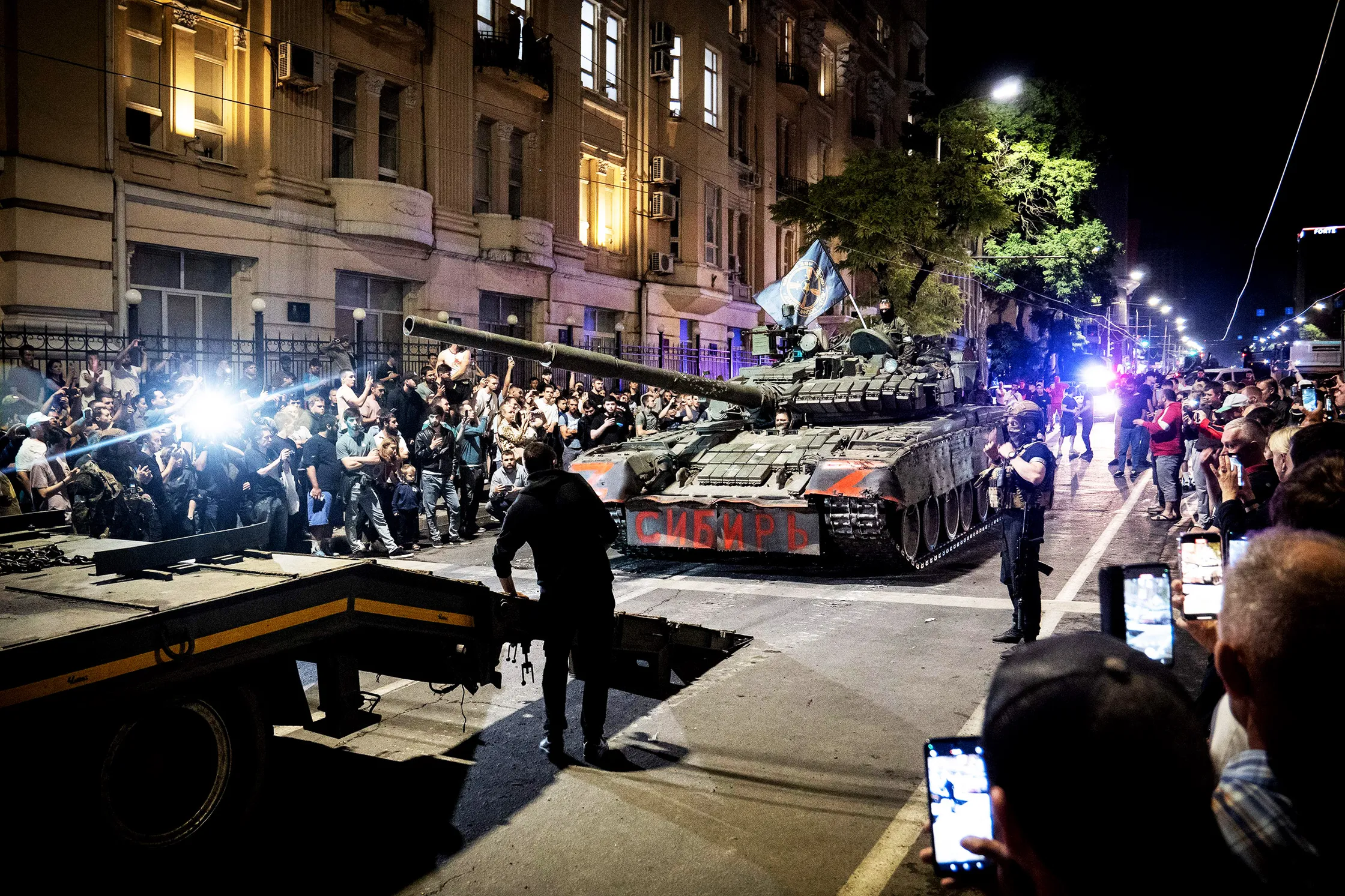Physical Address
304 North Cardinal St.
Dorchester Center, MA 02124
Physical Address
304 North Cardinal St.
Dorchester Center, MA 02124

In late June 2023, Yevgeny Prigozhin’s Wagner Group launched a brazen insurrection—marched toward Moscow, seized Rostov-on-Don, and forced a dramatic standoff with Russia’s military elite. But while the world watched the public drama unfold, an equally pivotal shift was happening in the shadows: within Russia’s volatile ecosystem of military bloggers—known as voenkory.
These war correspondents once thrived by straddling two worlds. On one hand, many were staunchly pro-war nationalists; on the other, they critiqued military leadership with shocking candor. Prigozhin, frequently their ally, openly blamed officials like Defense Minister Shoigu for battlefield failures—creating a rare safe space for criticism from within the Kremlin’s sphere. WIRED
But when the mutiny erupted, the tightrope began to fray. Analysts observed an unsettling pattern:
Two forces thrust these bloggers into existential limbo:
These influencers once served as both narrators and provocateurs—fueling nationalist fervor, pressuring the defense leadership, and occasionally briefing with Putin himself. The mutiny, however, dramatically shifted what was safe to say or even think. As public criticism became politically fraught, many military bloggers chose silence or shifted to monotone reporting. WIRED
The Wagner mutiny didn’t just rattle Russia’s political core—it reverberated through its media ecosystem. Military bloggers, once daring and influential, now face the choice between speaking up and self-preservation. With their landscape more hazardous than ever, their words—or lack thereof—are telling.